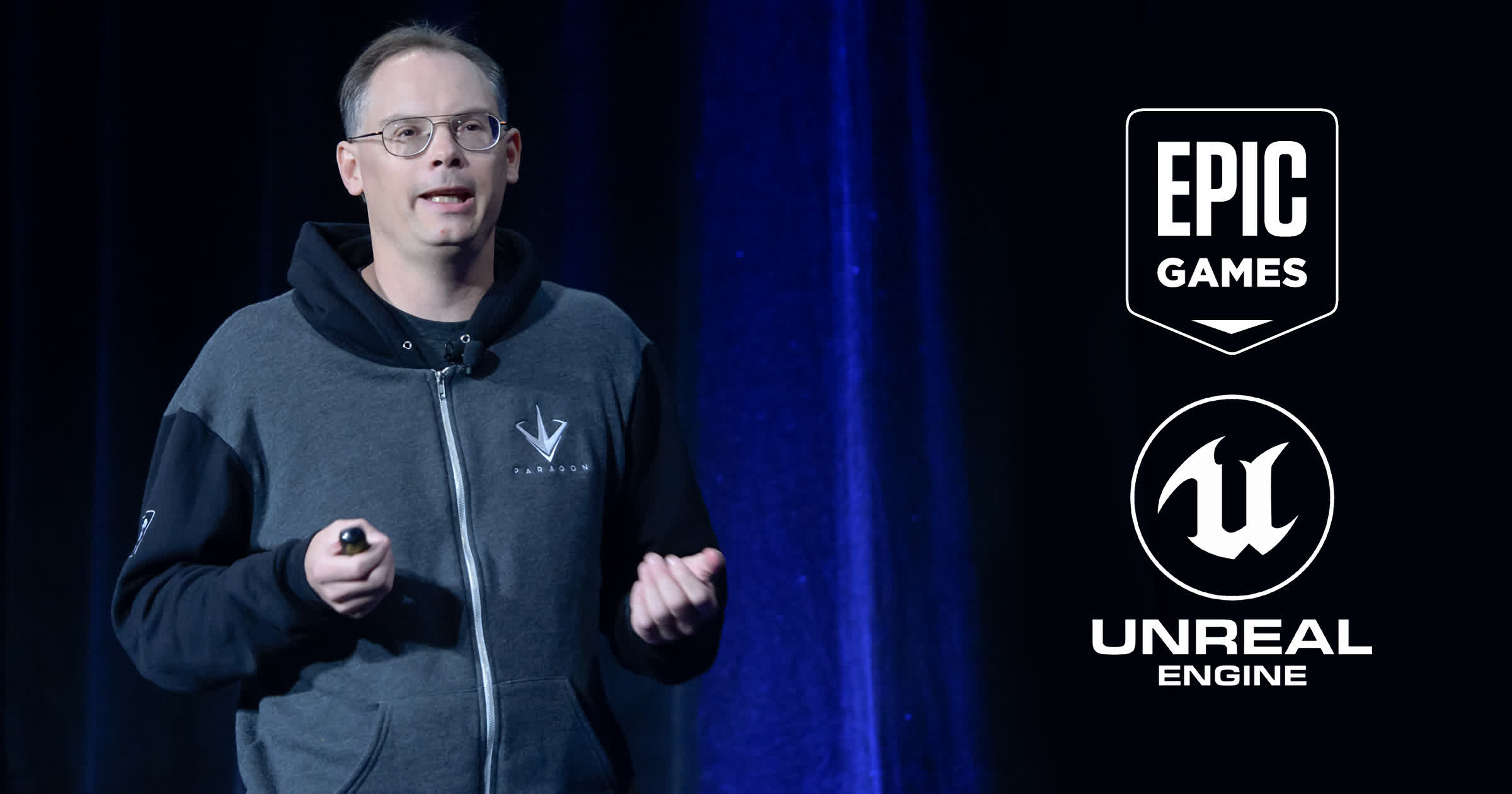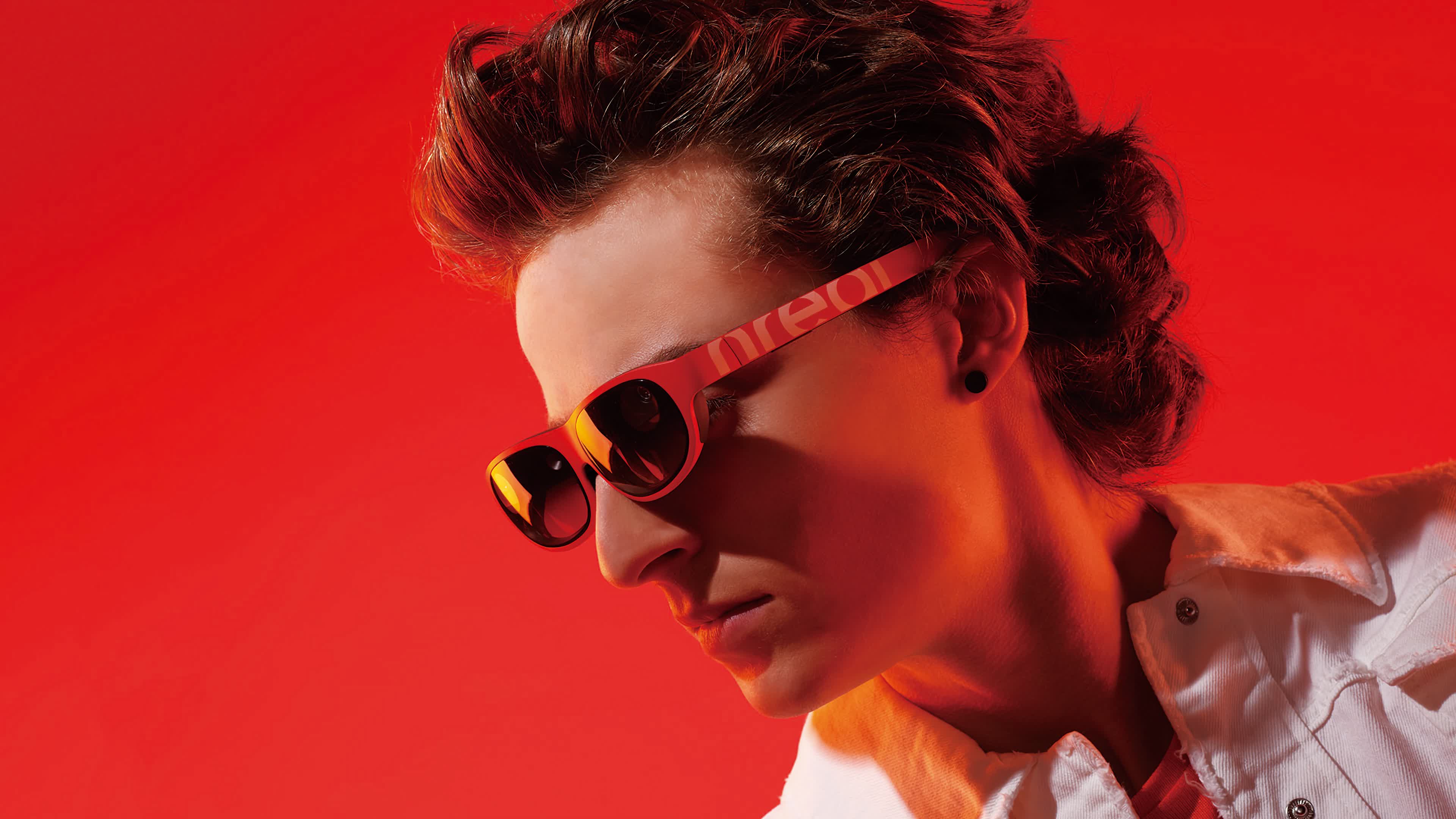In context: Epic and Nreal had previously been fighting quietly over the similarity between the "Nreal" and "Unreal" brands, but discussions of a settlement ultimately failed. Epic is now taking the matter to court, just as Nreal is working on launching its augmented reality headset in the US.
Epic Games currently has its hands busy with the trial against Apple and its alleged App Store monopoly, which has proven to be an endless debate over what constitutes a game, not to mention an exposé of the Cupertino giant's efforts throughout the years to promote in-app purchases and subscriptions, as 80 percent of that revenue stream is said to be profit.
However, Epic is ready to go to great lengths to protect its brand against all the things it deems a threat. Last week, the company sued Nreal, a Chinese manufacturer of augmented reality headsets, alleging the latter is infringing on its Unreal Engine trademark.
Specifically, Epic believes "Nreal" sounds too much like "Unreal," and looks visually identical to the average person, which could cause confusion. That might be a bit of a stretch, but Epic is seeking damages for the harm to its brand – the company claims it has "has ten registrations for 'Unreal' alone or in connection with another term for a wide range of goods and services including but not limited to software, video games, virtual worlds, and 3D visualizations, animations, and platforms."

The timing of this is interesting, as Nreal is planning to expand to the US later this year. Epic and Nreal don't compete in the same market, but their goals do intersect as the former is pushing the Unreal Engine as a great way to build experiences for augmented reality, and the latter is focused on building an affordable hardware platform to deliver those experiences to a wide consumer audience.
Previously, Nreal has had to defend against Magic Leap, who claimed that Nreal CEO and founder Chi Xu is a former employee that had stolen intellectual property before embarking on his new venture. That lawsuit was dismissed last year.
Nreal's trademark application in the US is pending, but Epic is looking to obtain an injunction to deny its approval. In the meantime, Nreal appears to be preparing for an announcement on May 20, possibly related to its Light AR headset. The company is said to be targeting a price of around $500-$600, which is similar to what it sells for in South Korea, where it made its debut in 2020.
